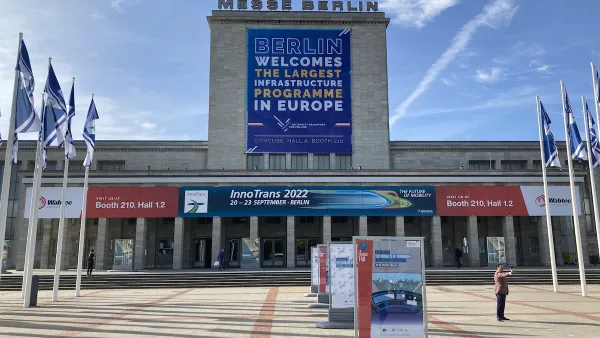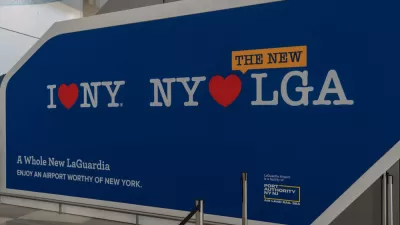Until recently, small regional airports were seen as the wave of the future. But the ailing economy and a variety of other factors are hitting the industry hard, causing closures across the country.
"The small-jet market was slammed, first by skyrocketing fuel costs and then by the economic recession. Even before bailout-seeking auto executives were taken to task for flying their company jets from Detroit to Washington, the phrase "private jet" was becoming synonymous with corporate excess. For small cities that do have commercial air service, things look even more uncertain. People have been flying less as the recession has deepened. Airlines are cutting routes to save costs. Other routes have been lost due to airline mergers or bankruptcies - 14 carriers declared bankruptcy last year.
Losing airline service can be devastating to a city. When an airline pulls out, an airport loses revenue from gate fees and landing-rights payments. Peripheral businesses suffer, too: When no passengers are flying out of an airport, then no one is buying sandwiches or newspapers from the airport deli. If private planes stop flying, money dries up for aviation maintenance and repair shops. Other losses are less tangible and more emotional - and probably more important. Cities tend to believe that air service is crucial for attracting new businesses. Plus, airports have long been tied to a sense of community pride. The loss of air service can be a stinging blow to civic ego. Decisions such as the one Rialto made to give up on its airport are rare: Usually, cities will do almost anything to try to keep the landing lights on."
FULL STORY: Grounded

Maui's Vacation Rental Debate Turns Ugly
Verbal attacks, misinformation campaigns and fistfights plague a high-stakes debate to convert thousands of vacation rentals into long-term housing.

Planetizen Federal Action Tracker
A weekly monitor of how Trump’s orders and actions are impacting planners and planning in America.

In Urban Planning, AI Prompting Could be the New Design Thinking
Creativity has long been key to great urban design. What if we see AI as our new creative partner?

King County Supportive Housing Program Offers Hope for Unhoused Residents
The county is taking a ‘Housing First’ approach that prioritizes getting people into housing, then offering wraparound supportive services.

Researchers Use AI to Get Clearer Picture of US Housing
Analysts are using artificial intelligence to supercharge their research by allowing them to comb through data faster. Though these AI tools can be error prone, they save time and housing researchers are optimistic about the future.

Making Shared Micromobility More Inclusive
Cities and shared mobility system operators can do more to include people with disabilities in planning and operations, per a new report.
Urban Design for Planners 1: Software Tools
This six-course series explores essential urban design concepts using open source software and equips planners with the tools they need to participate fully in the urban design process.
Planning for Universal Design
Learn the tools for implementing Universal Design in planning regulations.
Appalachian Highlands Housing Partners
Gallatin County Department of Planning & Community Development
Heyer Gruel & Associates PA
Mpact (founded as Rail~Volution)
City of Camden Redevelopment Agency
City of Astoria
City of Portland
City of Laramie





























